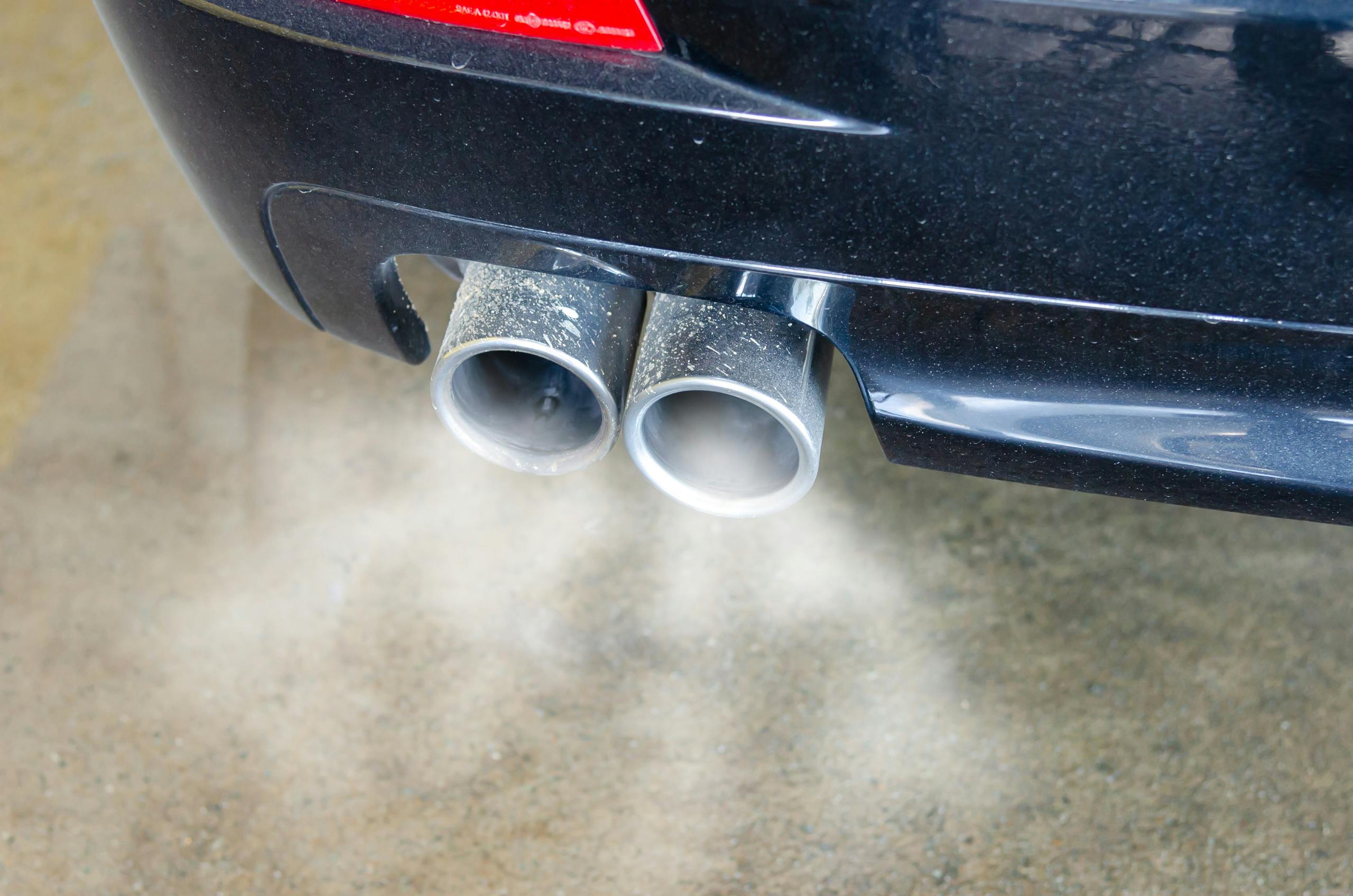We’ve invested £120,000 in two new Maxi Mover vans built exclusively to our specifications to help increase deliveries and improve eco-efficiency (June 2024).
The new vehicles will improve fuel consumption and increase the product load we can transport per trip, which is more sustainable.
Our planet pledge
Graham Bentley, our Chairman, says: “We’re all very excited to have these two new 5.1M Kurtainsider Maxi Movers join our fleet. We specifically ordered these class-leading, high performance, big volume vans in our own bespoke dimensions and they have been purpose-built for us to meet our load needs.
“They will help us deliver more filters in one go and will ultimately save us from making more trips than we need too. This will boost our commitment to the environment, as fewer trips mean reduced fuel use, and it will help save money too. It’s all part of our pledge to the planet to reduce our footprint and our ongoing dedication to the environment through our ISO 14001 in Environmental Management.
Reducing environmental impact
“ISO 14001 is all about reducing our environmental impact through our operations, this not only contributes to a healthier planet, but also inspires customer and team trust and demonstrates our commitment to sustainability. It provides a framework through which we can measure and continually improve our environmental performance and our new Maxi Movers are all part of this.”
Reduces time
The low floor curtain-sider vans are designed to make easy work of loading and unloading cargo, which reduces time and boosts efficiency.
With their fast action auto tensioning one-piece sliding curtain system, they take no more than 30 seconds to fully open and close. They have also been created to maximise volume and payload, and ultimately ensure our team can make more deliveries.
Maximising eco-effectivity
Graham adds: “They’re manufactured using a combination of the latest advanced, lightweight chassis and thermoplastic composite material technologies, which all help improve fuel efficiency too. The vans’ unique flexible wheelbase options have allowed us to ensure we have the correct chassis to body size configuration to maximise our cargo usability and stability, which again has been vital in maximising eco-effectivity.”




